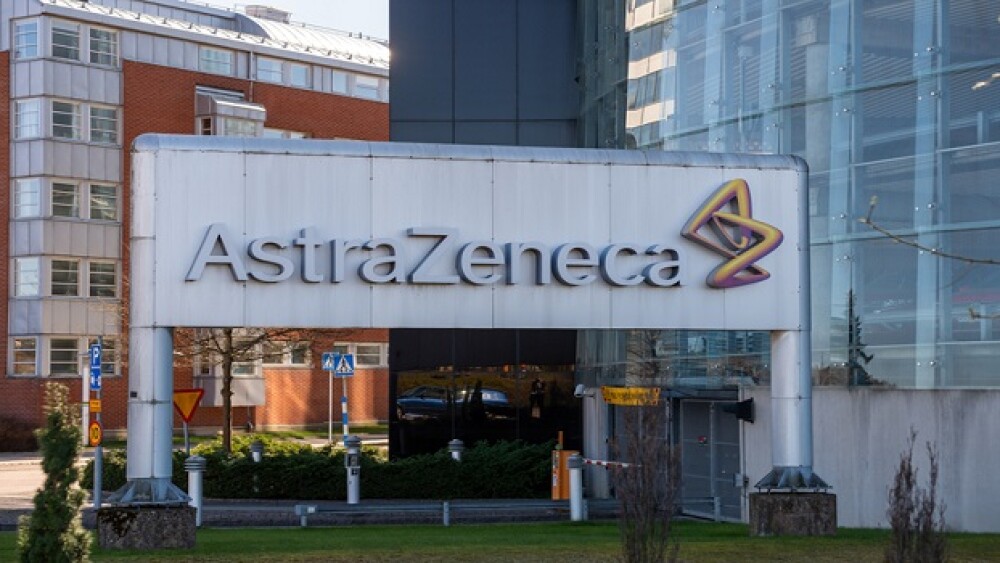GNS Healthcare (GNS), a leading precision medicine company, together with the Alliance for Clinical Trials in Oncology (Alliance), is presenting discoveries of predictive biomarkers for metastatic colorectal cancer (mCRC) patient response to receiving different treatments of cetuximab, bevacizumab, and panitumumab this week at the ESMO World Congress on Gastrointestinal Cancer 2019
| CAMBRIDGE, Mass., July 2, 2019 /PRNewswire/ -- GNS Healthcare (GNS), a leading precision medicine company, together with the Alliance for Clinical Trials in Oncology (Alliance), is presenting discoveries of predictive biomarkers for metastatic colorectal cancer (mCRC) patient response to receiving different treatments of cetuximab, bevacizumab, and panitumumab this week at the ESMO World Congress on Gastrointestinal Cancer 2019 conference held in Barcelona, Spain. Patient subpopulation-specific prognostic factors of overall survival (OS) were also discovered. The in silico patient models identified AST level, primary side of tumor, intra-abdominal metastasis status as ubiquitous predictors of OS. KRAS status and hemoglobin levels were found to be predictors specific to the side of tumor location.
The study titled “Bayesian machine learning on CALGB/SWOG 80405 (Alliance) and PEAK data identifies heterogeneous landscape of clinical predictors of overall survival (OS) in different populations of metastatic colorectal cancer (mCRC)” was selected to be presented in a poster discussion session, Friday July 5 from 10 am–5:15 pm local time. Identification of prognostic factors of OS for subpopulations of patients with colorectal cancer is the key to better risk stratification at treatment initiation and identifying predictive factors for treatment response is crucial for making personalized treatment decisions. In this study, one of several conducted by GNS and the Alliance, Bayesian machine learning approach was applied to the CALGB/SWOG 80405 (Alliance) and PEAK clinical trials datasets to discover gender and primary side specific predictors of OS in mCRC and patient subpopulations with better response to a given treatment. Using clinical data from more than 2,000 patients with mCRC and GNS’ powerful causal AI platform, Reverse Engineering & Forward Simulation (REFS™), nine independent predictive model ensembles were built to understand predictive biomarkers for patient response to receiving different treatments (cetuximab, bevacizumab, or panitumumab) and to identify patient subpopulation-specific prognostic factors of OS. The study also identified gender-specific predictors, specifically creatinine level, intra-abdominal metastasis status, and the interaction of albumin and neutrophil levels. Urine protein levels were shown to be predictive of better efficacy from cetuximab treatment in patients with mCRC and left-sided tumors. “We have never been in a better position to unravel drivers of disease and patient response to specific drugs. We built an in silico patient model of colorectal cancer and were able to uncover biomarkers that tell us which patients will respond to which treatment, and most importantly, why. This is what will get us to the point of delivering personalized medicine and eradicating disease,” said Colin Hill, GNS Chairman, CEO, and Co-Founder. “There is no such thing as a one-size-fits-all approach,” said Alan P. Venook, MD, Study Chair for the CALGB/SWOG 80405 (Alliance) study, Madden Family Distinguished Professor of Medical Oncology and Translational Research at the University of California-San Francisco, and Shorenstein Associate Director for Program Development at the Helen Diller Family Comprehensive Cancer Center. “The better we understand how this disease progresses and which biomarkers predict treatment response, the closer we will get to curing it. We are committed to leveraging the best tools at hand – GNS’ powerful AI, comprehensive data, and the best minds in research – to cure cancer.” Previous results from these collaborations were presented in June 2018 at the ASCO Annual Meeting in Chicago, Illinois and at ESMO 2018 in Munich, Germany. As one of the most common cancers in the U.S., there are an estimated 140,000 new cases of colorectal cancer diagnosed each year. There is still much to learn about the factors that drive progression and for patients with mCRC, the optimal treatment is still unknown. About the Alliance for Clinical Trials in Oncology About GNS Healthcare Media Contact:
SOURCE GNS Healthcare |





